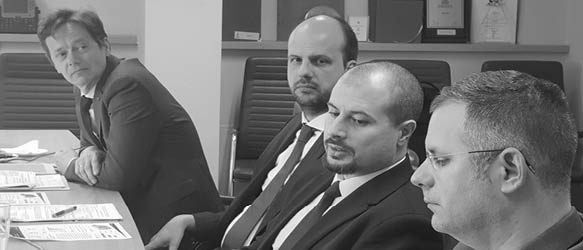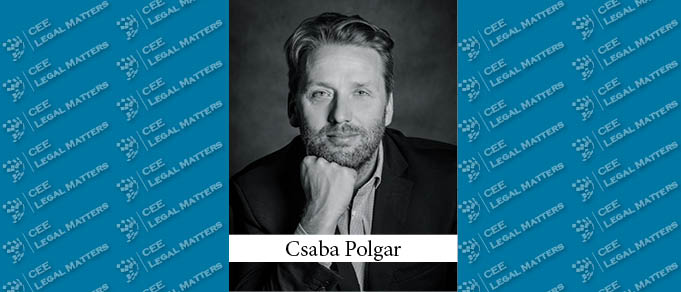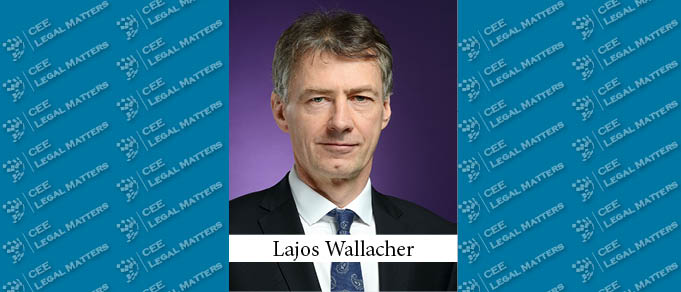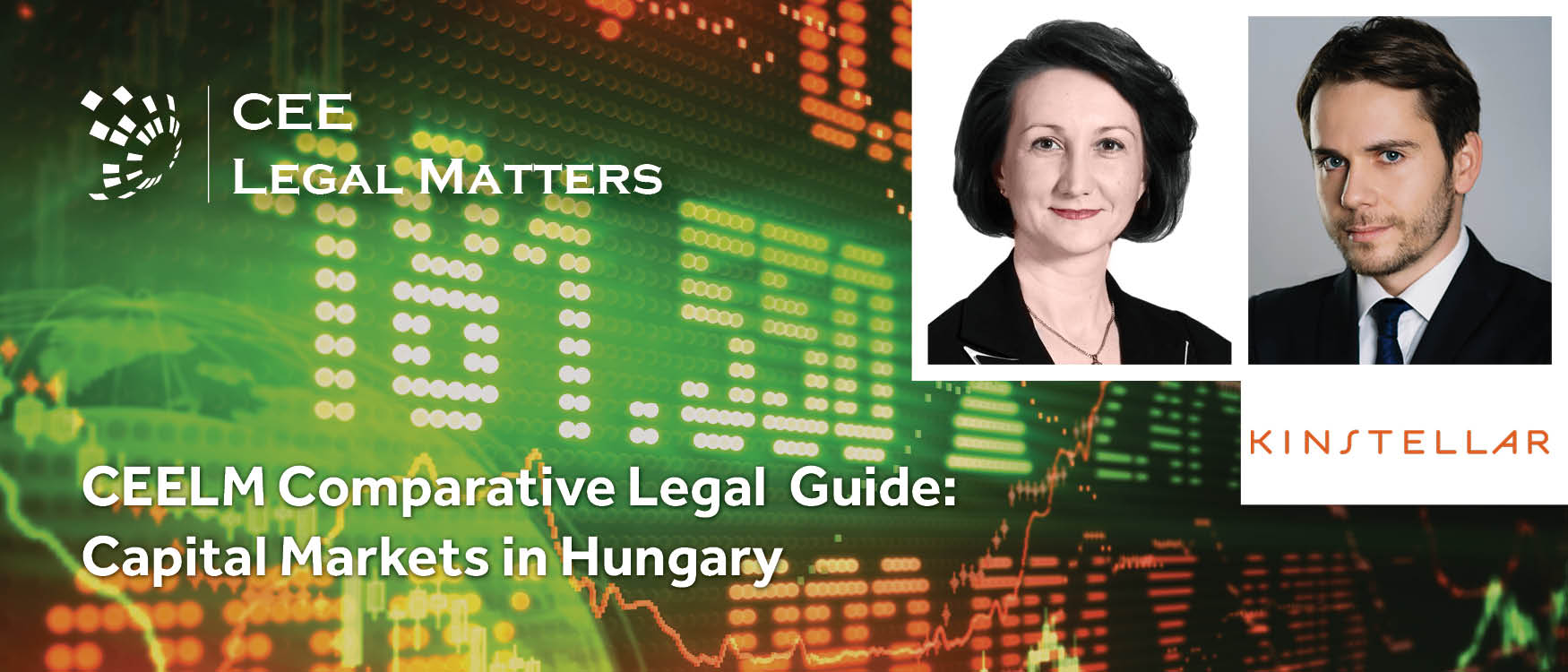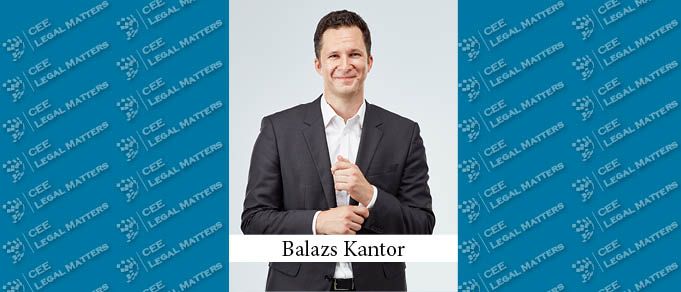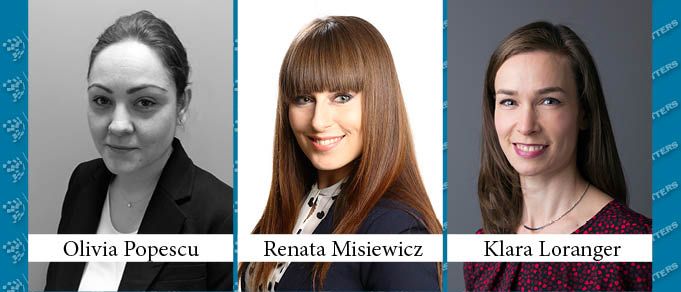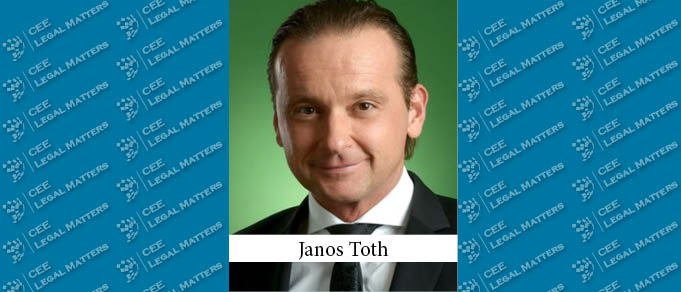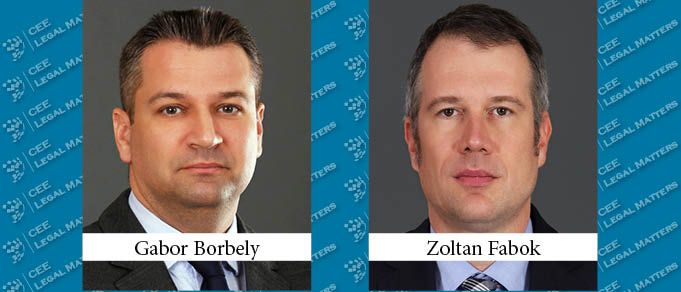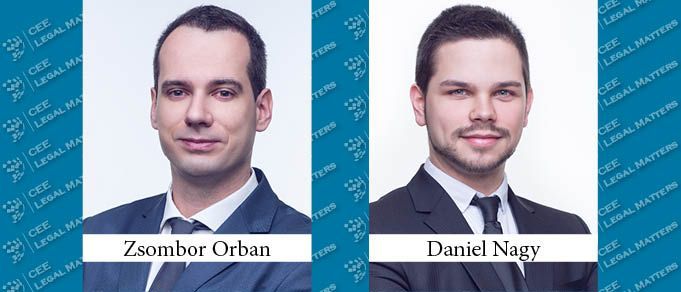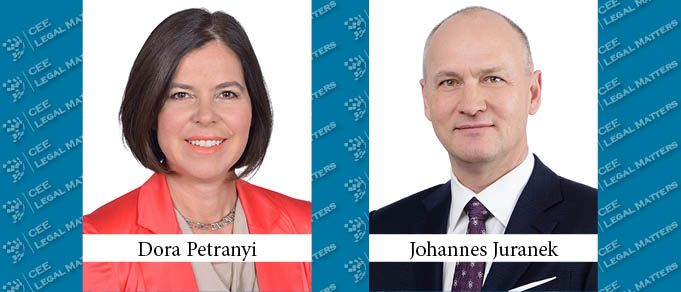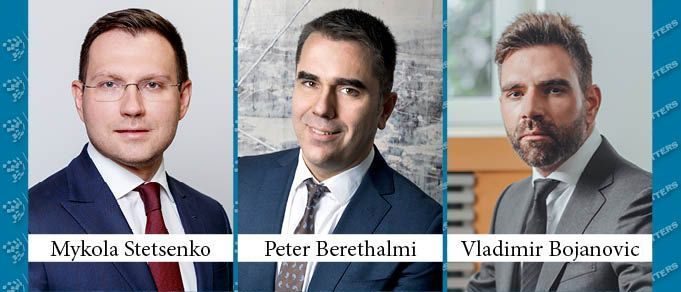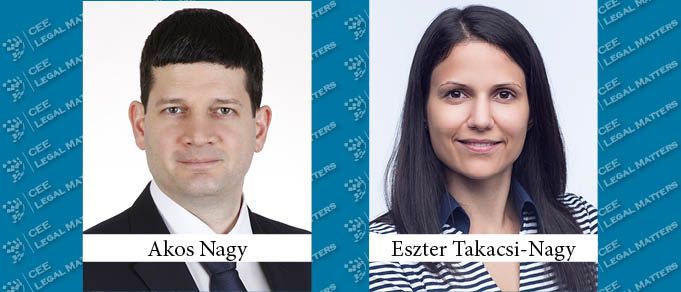The Hungarian financial market finished 2019 in a strong position. Intrigued by what many have described as a “special” year, CEE Legal Matters sat down with several of the nation’s leading Banking/Finance lawyers at Lakatos, Koves & Partners’ offices in Budapest to learn more.
Guest Editorial: Triple Bottomline Impact – Time to Change
Sounds frightening, huh? When I first encountered this expression a couple of years ago, I thought it was one of those buzzwords that had been created by accountants or other financial wizards to tackle invasively curious tax administration people. “Bottomline” also sounded familiar: that is the very last figure in your financial statements; the one that interests you the most.
The Corner Office: 2020 Initiatives
In The Corner Office we ask Managing Partners across Central and Eastern Europe about their unique roles and responsibilities. The question this time around: What major initiative or new plan does your office (or firm) plan – if any – for 2020?
The Activity of the Arbitrator Under Hungary’s New Arbitration Act
The extent to which a judge may be active in obtaining the facts necessary to adjudicate a dispute or in finding the legal norms on which a decision is based is a fundamental question of any legal proceeding. Can judges invite the parties to present facts which they consider essential? Or can a judge tell the parties that in his or her view the dispute can be settled on the basis of legal provisions which they have not invoked? These fundamental questions apply to arbitrators as well. In this respect, does arbitration give arbitrators a smaller or greater role than that which judges have? Perhaps surprisingly, arbitrators may in fact have stronger powers in this respect than state-authorized judges.
Capital Markets in Hungary
Contributed by Kinstellar.
CEELM Covid-19 Comparative Legal Guide: Contracts in Hungary
Contributed by Nagy es Trocsanyi
Talking Tax
Balazs Kantor, the Head of Tax at Lakatos, Koves & Partners in Budapest, discusses his career and his role in creating a leading practice in Hungary
Marketing Law Firm Marketing: External PR Firms
Law Firm Marketing experts from across the region answer the question: “What is your experience of working with an external public relations firm?“
How Long Does BIM Have to Wait in Hungary?
Contrary to all expectations, Hungary still does not require the use of building information electronic modelling (BIM) tools in tenders for public works contracts, despite the excitement in the construction industry about the possibility that the tools would be made mandatory as early as 2014.
The Corner Office: Legal Tech
In The Corner Office we ask Managing Partners across Central and Eastern Europe about their unique roles and responsibilities. The question this time around: What was the most useful or valuable piece of software or new technology your firm has acquired in the past five years?
Quo Vadis Hungarian Insolvency Laws?
The organic development of the Hungarian insolvency laws was interrupted by the era of the socialist planned economy, which ended in 1990. The novel Insolvency Act of 1991 (IA) may have satisfactorily served the economy in the first years of the transition period, but due to the profound changes in the socio-economic environment in subsequent years, the statute has become obsolete. Successive governments over the past three decades have made multiple efforts to keep the IA up-to-date and to follow the numerous demands made by the various players of the market and interested legal professionals, but the more than one hundred (!) amendments have rendered the system opaque and relatively difficult to use.
Well-Known Trademark: Hungary’s Danubia at 70
Hungary’s Danubia Patent and Law Office traces its roots back almost three quarters of a century. Danubia Partners Eszter Szakacs and Zsofia Klauber explain how the firm has managed to stay on top of the market for so long, through significant periods of technological, political, legal, and historical transformation in the country and culture around it.
What Did the GDPR Bring Us?
What did the GDPR bring us? “A lot of compliance work,” most clients would say, after months of tough and challenging work implementing the European Union’s new comprehensive data protection regulation. And in many cases that work is still unfinished. The prevalent view on the market is that the regulation is an artificial creation of another compliance requirement upon data controllers. But is it fair to say that the GDPR brought nothing but a very expensive compliance exercise?
All Together Now: EU's New Foreign Investment Screening Regulation
This April, the new EU foreign investment screening regulation entered into force, with terms scheduled to become applicable on October 11, 2020. The regulation was conceived and designed to provide member states with a valuable tool to employ in defending their strategic interests. We spoke to several experts in the region to learn more.
Guest Editorial: Ever Transforming and Ever Growing Hungarian Legal Market
After I was asked to write this Guest Editorial for CEELM Magazine I realized that this year marks my 25th year in the legal business in Hungary.
The GDPR in CEE: One Year On
It has been over a year since the European Union’s General Data Protection Regulation became mandatory across Europe, marking a seismic shift in the way that companies collect, process, and handle personal data. Countries across the European Union and beyond have adapted their national laws to meet the requirements of the GDPR – with many introducing local derogations as permitted by the GDPR.
Continuing the Countdown
Sponsors of the 2020 Dealer’s Choice Law Firm Summit, which will be held on April 23, 2020 in conjunction with the Deal of the Year Awards Banquet, explain their involvement.
Recent Trends Relating to Industrial Cannabis: New Investment Opportunity in CEE?
The worldwide legal marijuana trade has grown significantly in recent years. According to some sources, the United States accounts for a global market share of 90 percent of all legal marijuana traded.

